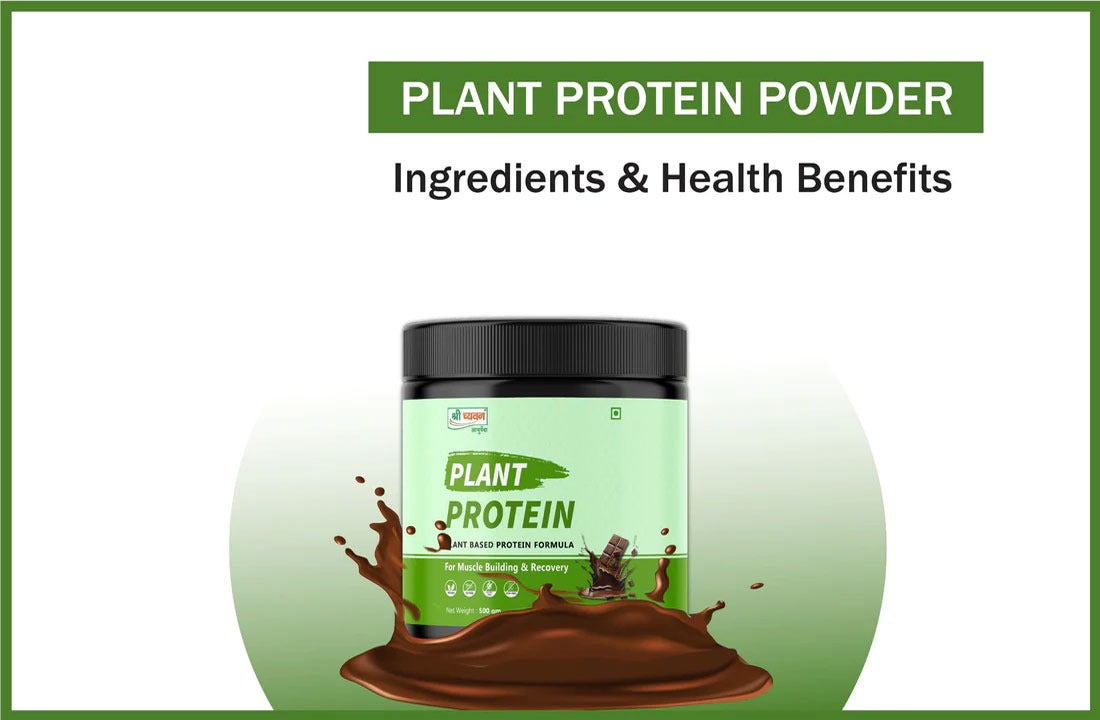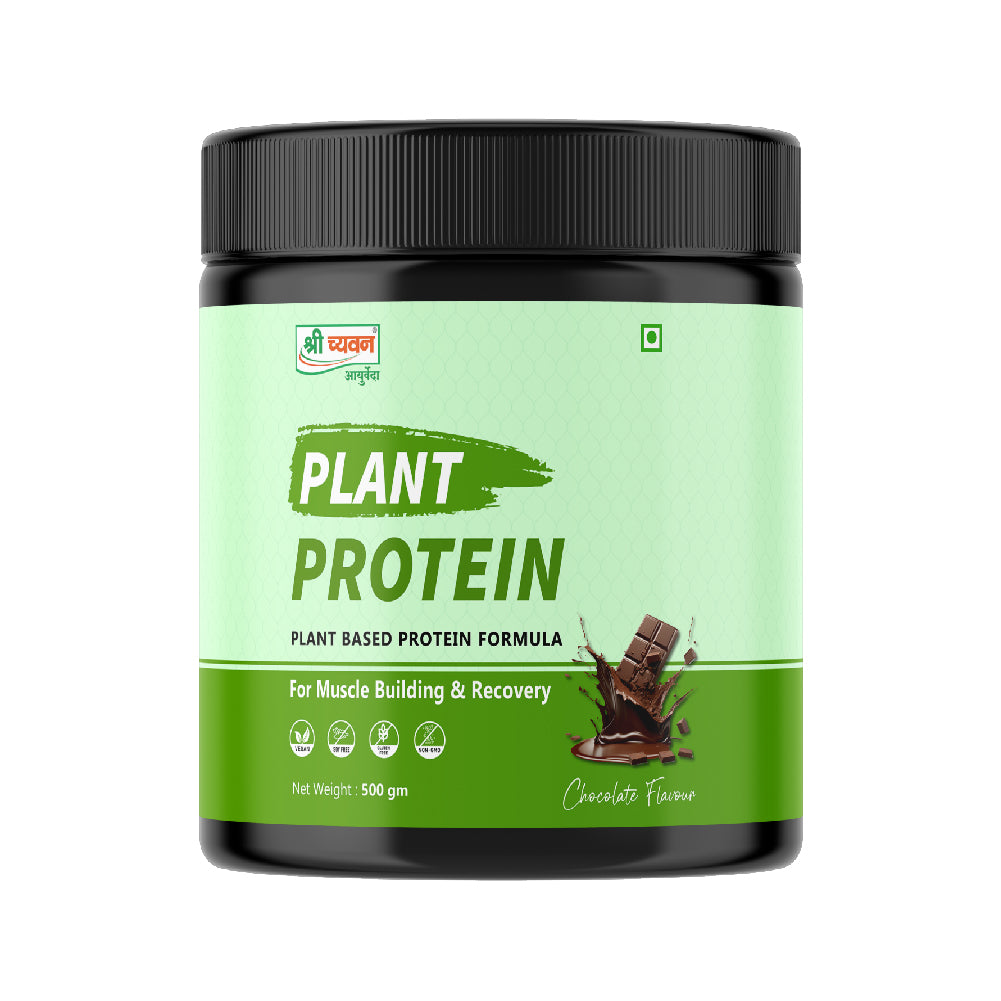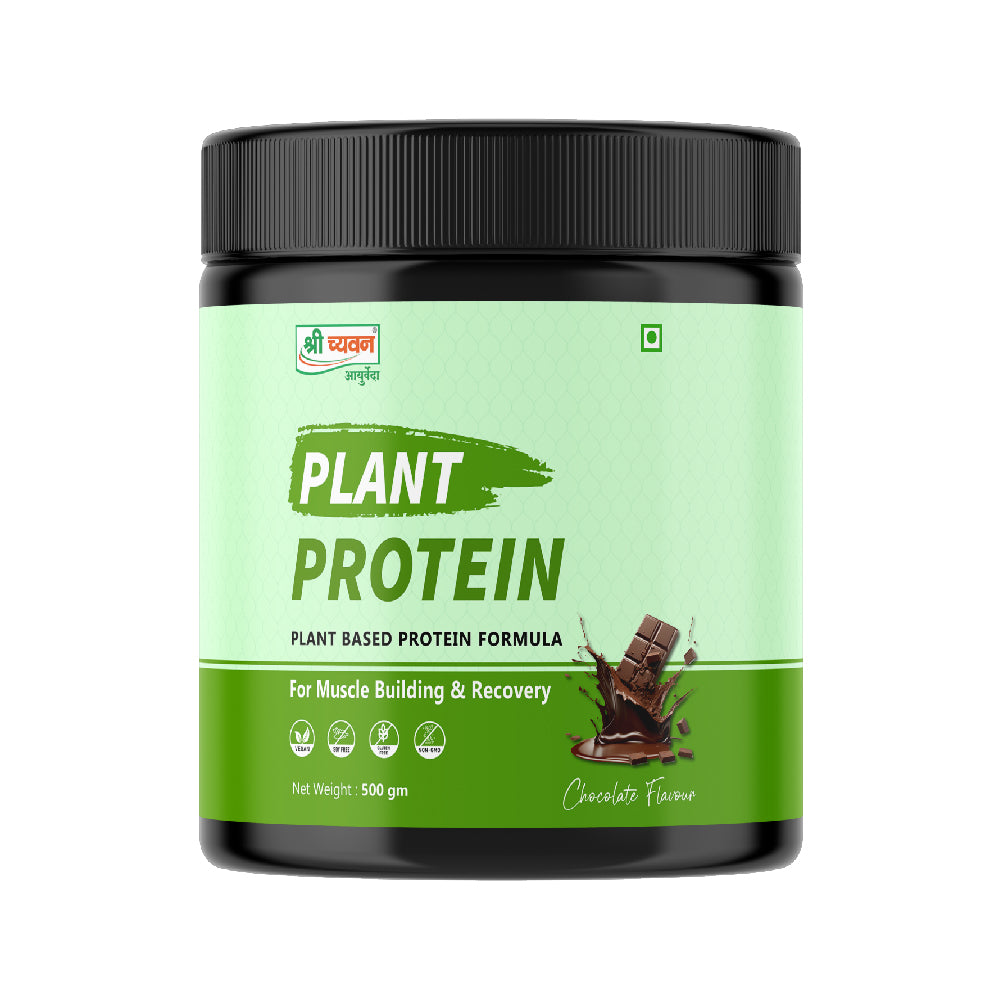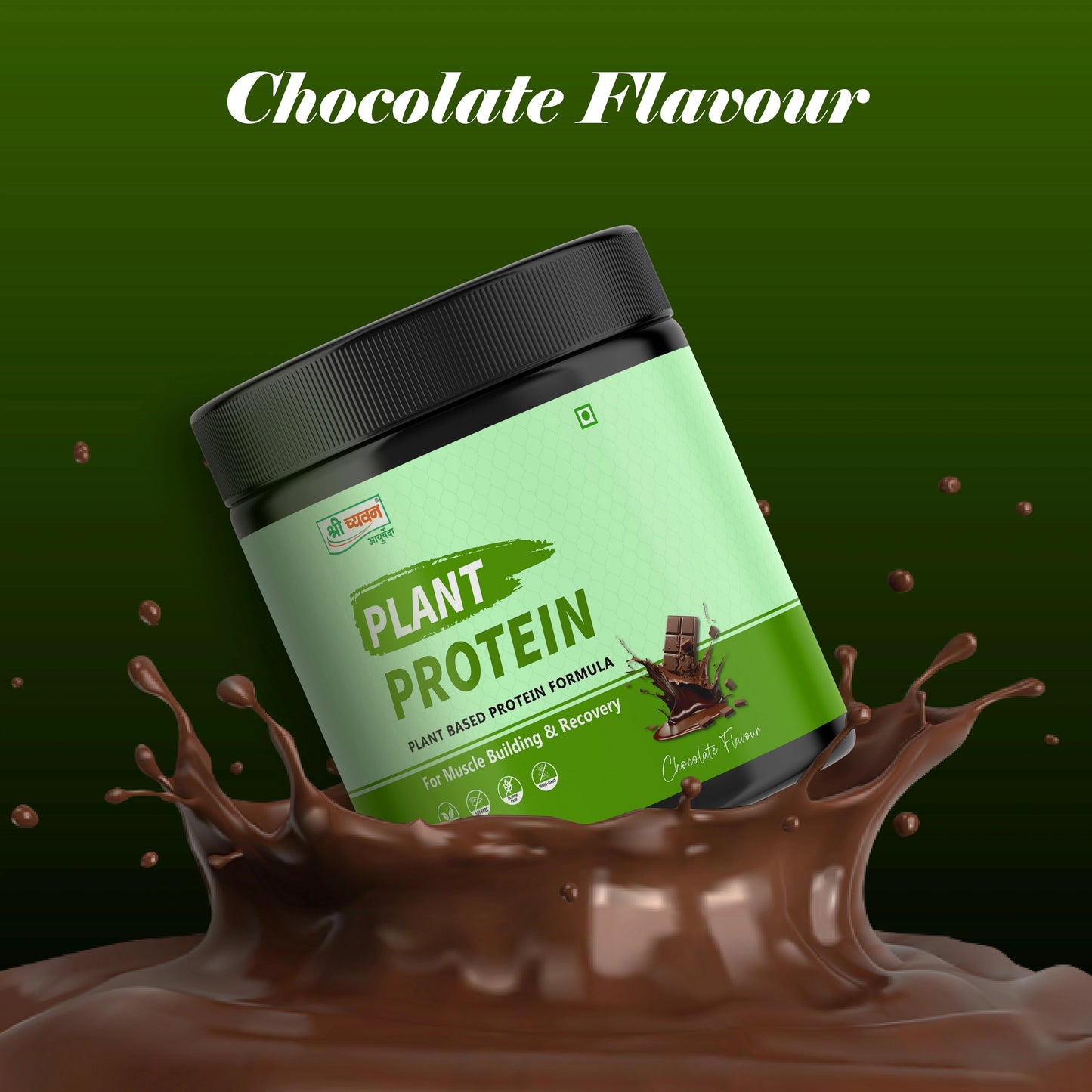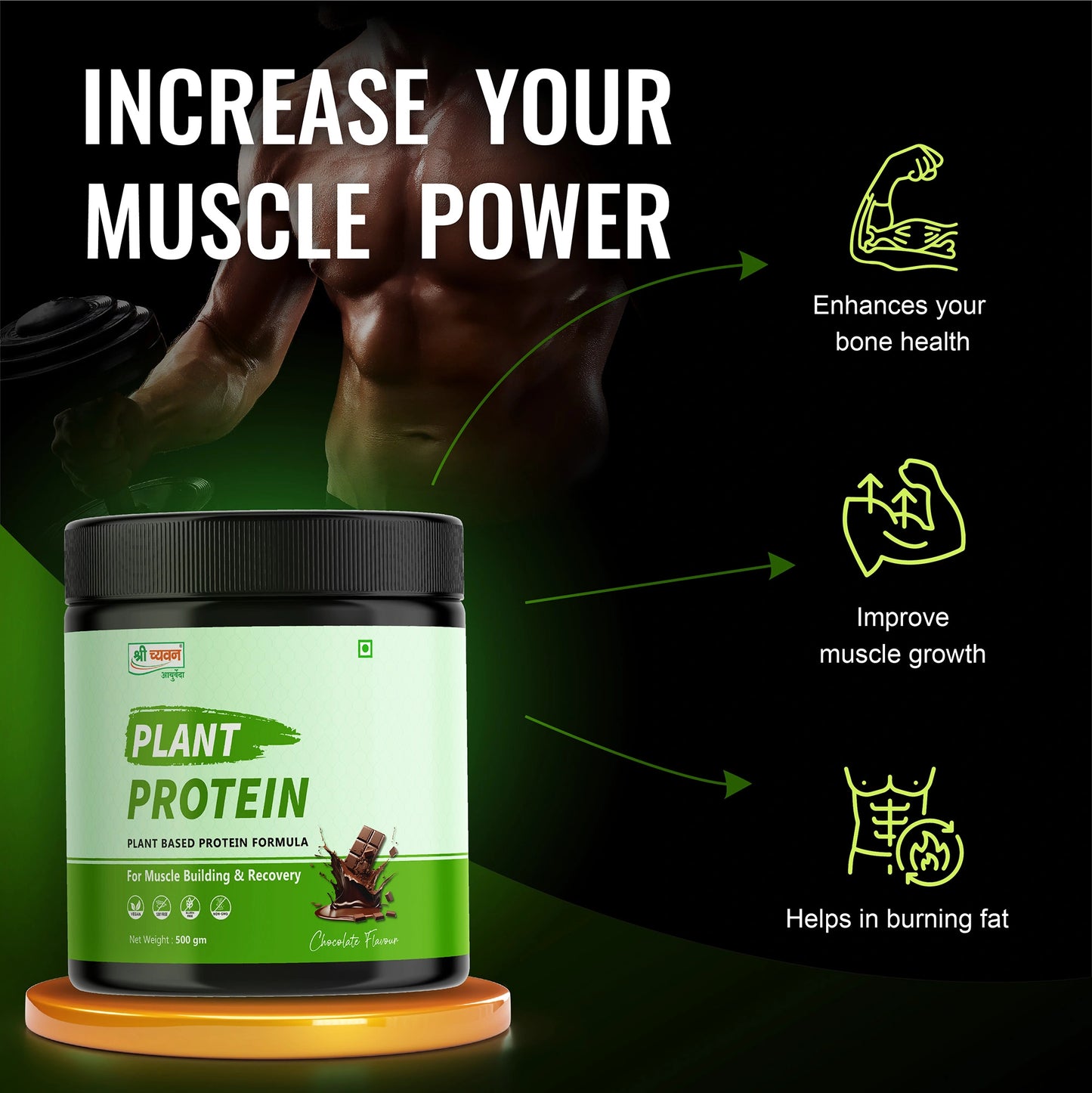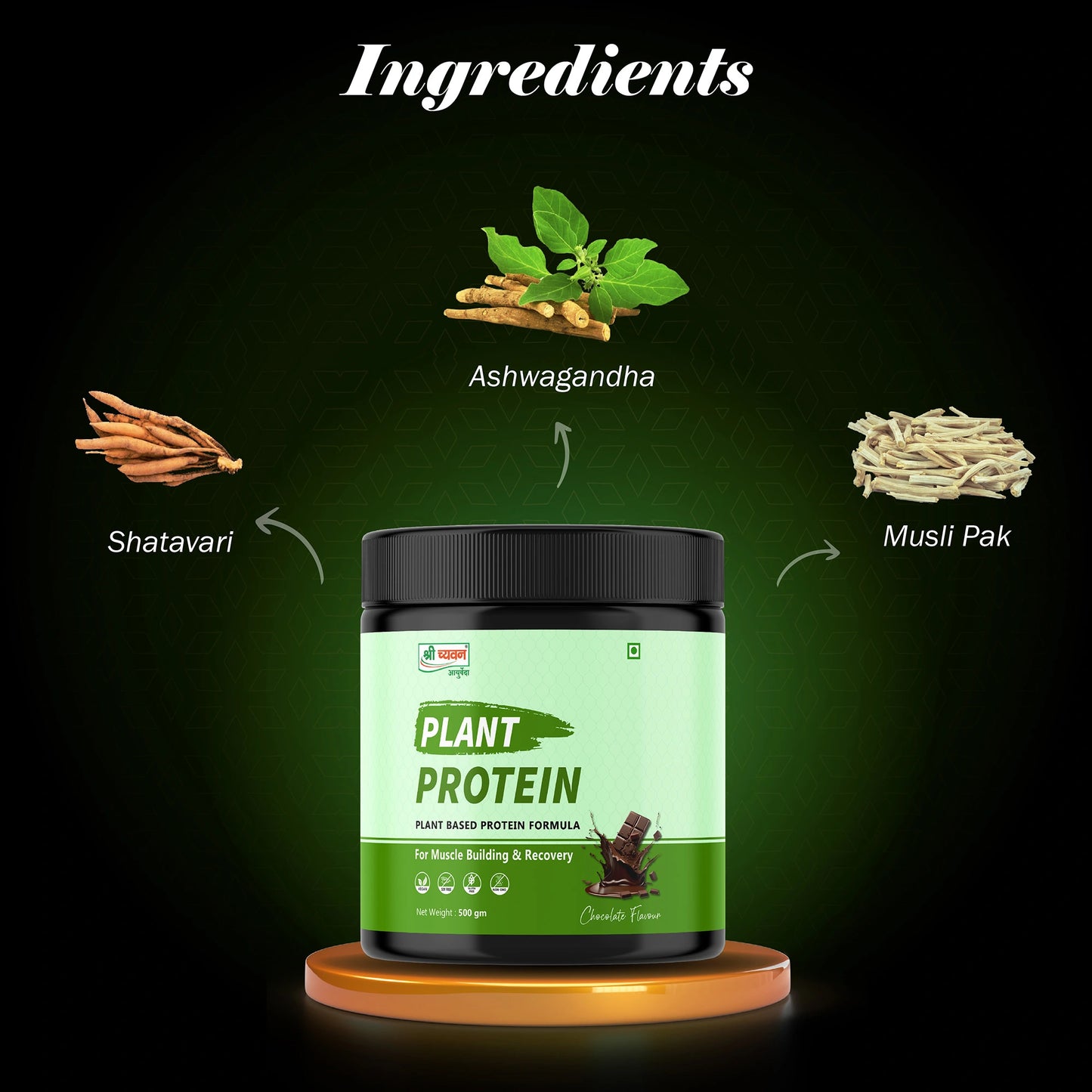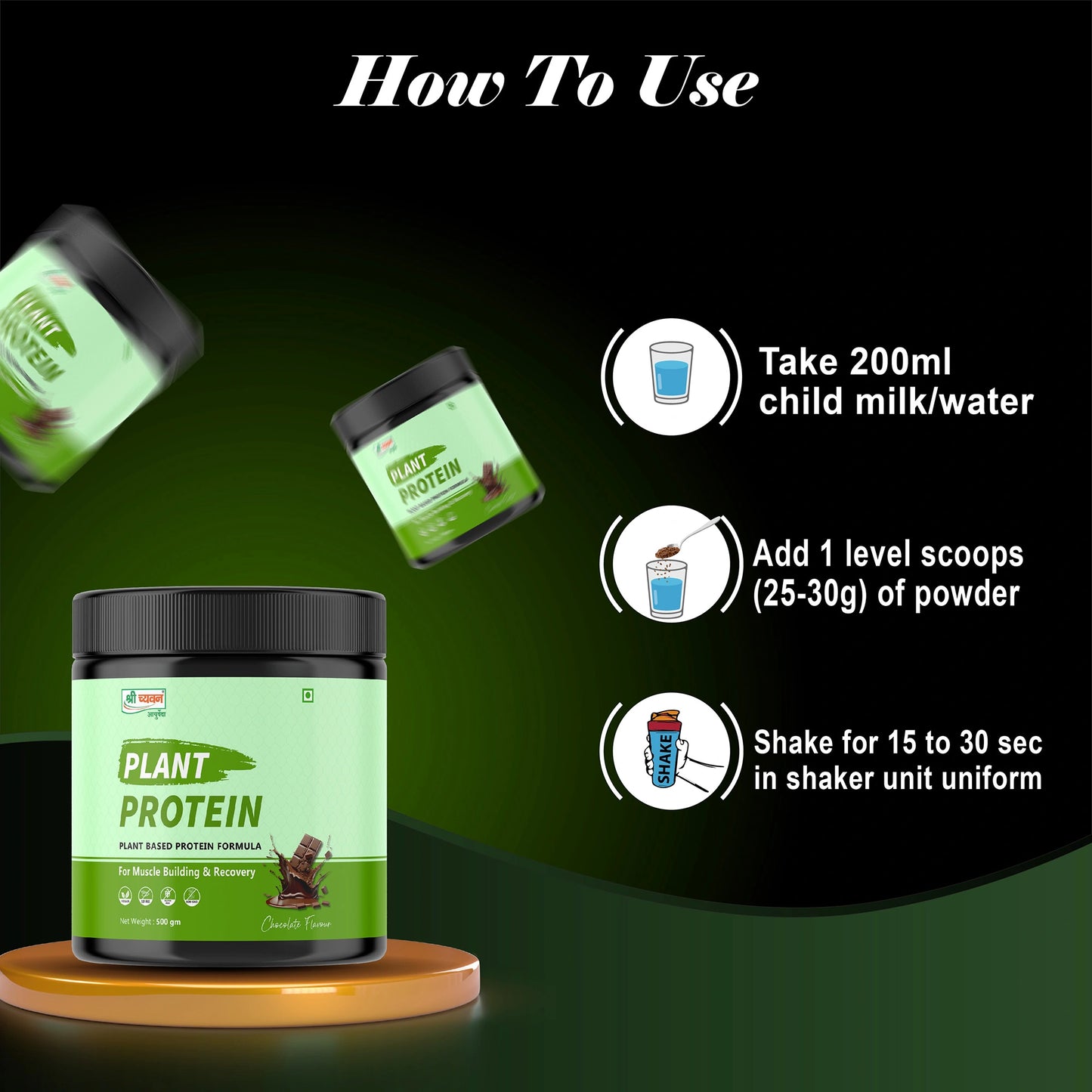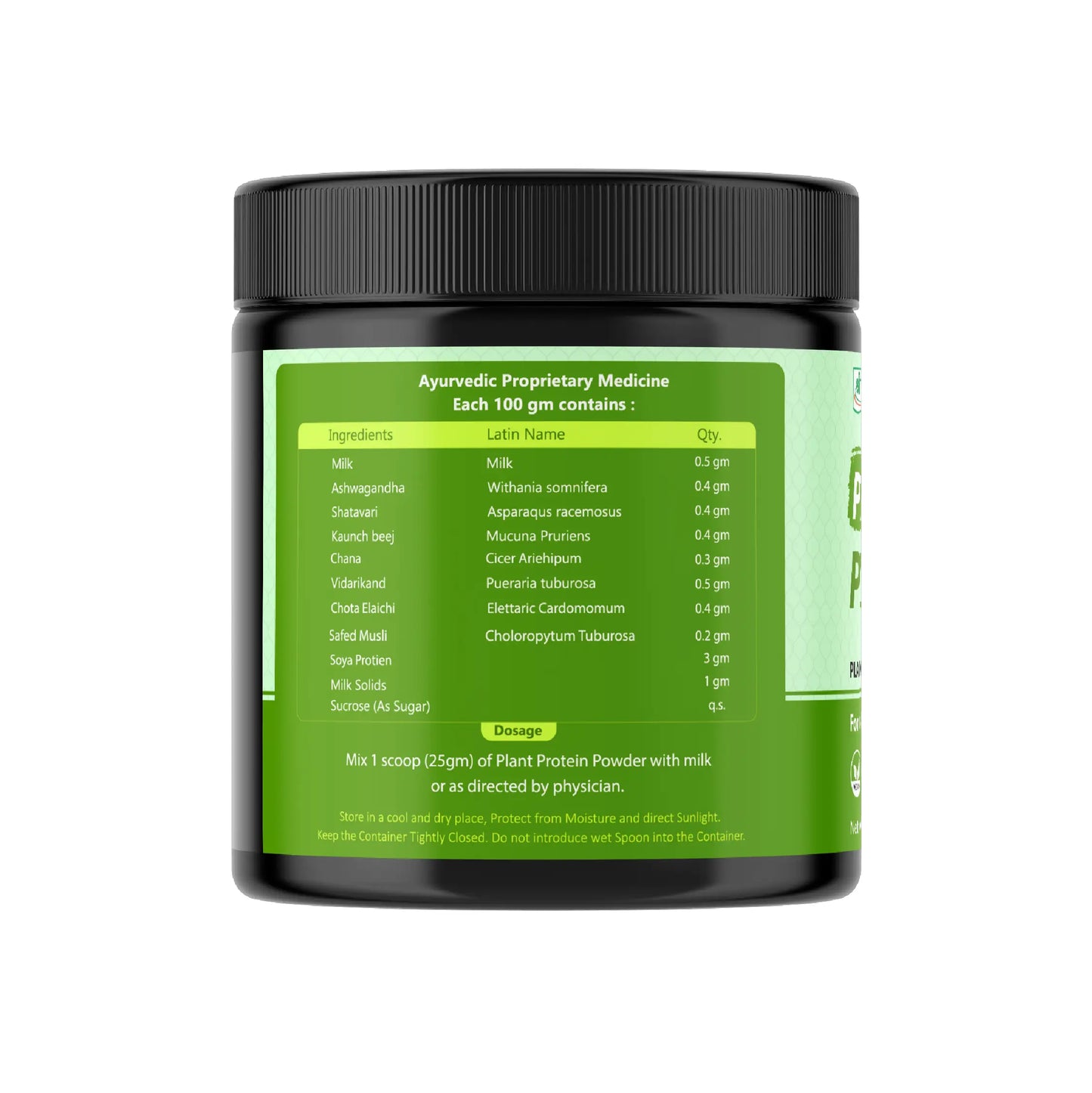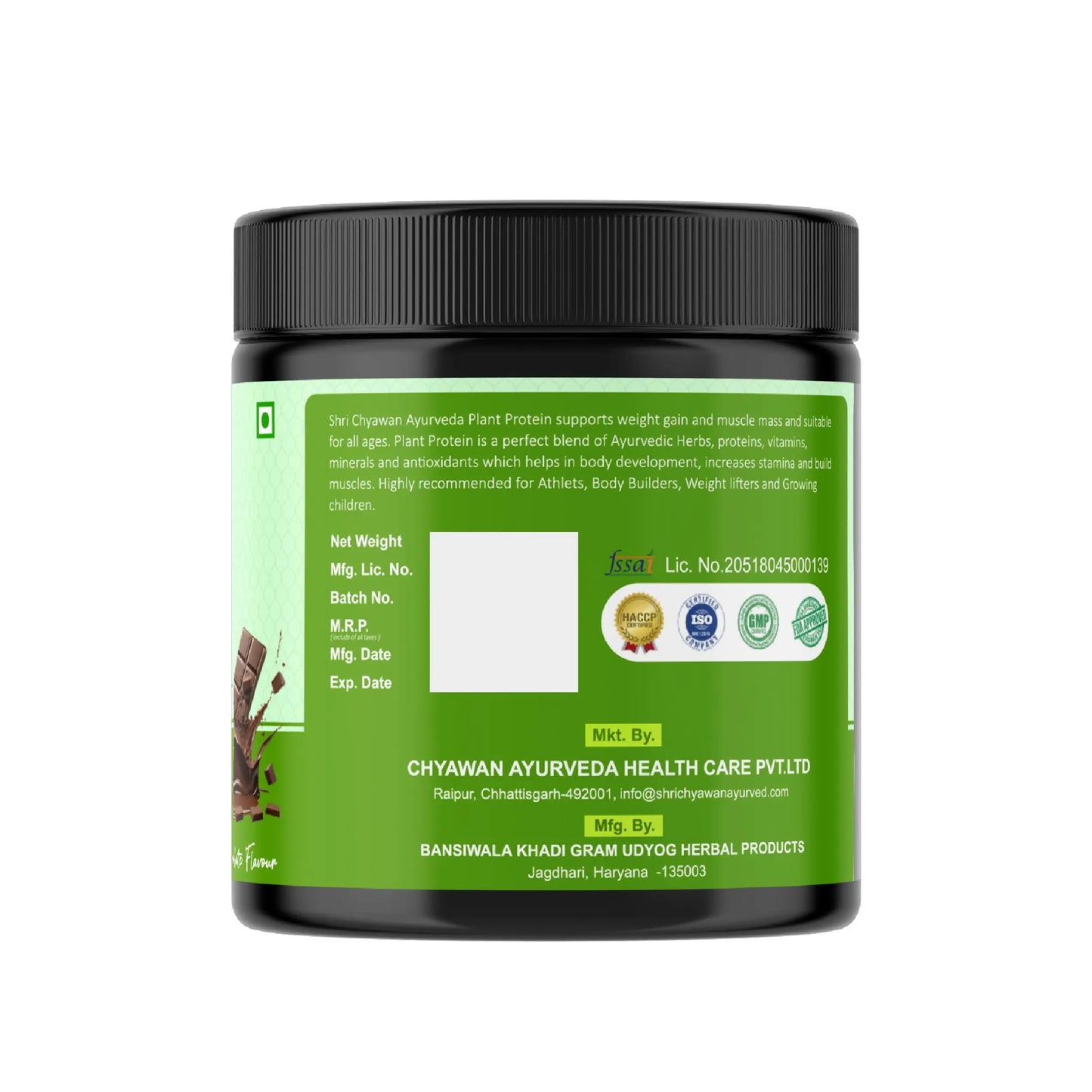Defining Protein
Protein is an essential macronutrient that plays a crucial role in the body's growth, repair, and maintenance. It is composed of amino acids, which are the building blocks of tissues, enzymes, hormones and various other molecules in the body.
What is Protein Powder?
Protein powder is a dietary supplement that provides a concentrated source of protein. It is typically used by individuals who may have difficulty meeting their daily protein requirements through whole foods alone, such as athletes, bodybuilders, people on specific diets or those looking to increase their protein intake for various reasons.
What is Plant-based Protein Powder?
Plant-based protein powder is a dietary supplement made from various plant sources, and it serves as a concentrated source of protein. It is designed for individuals who prefer plant-based diets, including vegetarians and vegans or those who may have dietary restrictions related to animal products.
Plant-based protein powders are available in various flavours, such as chocolate, vanilla, and berry, to enhance taste and palatability. They can be used in a variety of ways, including mixed with water, milk (such as almond or soy milk), or added to smoothies, oatmeal, baked goods, and other recipes to boost protein intake.
Plant-based protein powders are often chosen for their ethical and environmental considerations, as well as their suitability for individuals with dietary restrictions or allergies related to animal products. They can be a valuable addition to a balanced plant-based diet, helping individuals meet their protein needs. When selecting a plant-based protein powder, it's essential to read the label to ensure it meets your dietary and nutritional requirements.
Common plant sources used to make plant-based protein powders include:
-
Pea Protein: Pea protein is derived from yellow split peas. It is often considered one of the most easily digestible plant proteins and has a high protein content. Pea protein is rich in essential amino acids, although it may be lower in methionine, an essential amino acid, compared to some animal-based proteins.
-
Rice Protein: Rice protein is extracted from brown or white rice. It is hypoallergenic and suitable for those with soy or nut allergies. However, it may not be as rich in certain amino acids as other plant-based or animal-based proteins, so it is often combined with other protein sources to create a more balanced amino acid profile.
-
Hemp Protein: Hemp protein is made from hemp seeds. It is a good source of protein and also provides essential fatty acids, particularly omega-3 and omega-6. Hemp protein has a nutty flavour and is well-suited for those seeking a complete plant protein source.
-
Soy Protein: Soy protein is derived from soybeans. It is one of the few plant proteins considered a complete protein because it contains all essential amino acids in sufficient quantities. Soy protein is commonly used in various processed foods and can be found as an ingredient in many plant-based protein powders.
- Other Plant Ingredients: Some plant-based protein powders use ingredients like brown rice, quinoa, flaxseed, chia seeds, and other plant sources to create a balanced protein profile. These blends aim to combine the strengths of different plant sources to provide a more complete amino acid profile.
What is the difference between Protein Powder & Plant-based Protein Powder?
Protein powder and Plant protein powder are both dietary supplements that provide a concentrated source of protein, but they differ primarily in their protein source and composition:
- Protein Source:
-
Protein Powder: Protein powder, in a general sense, can come from various sources, including animal-based and plant-based sources. Common animal-based protein powders include whey protein and casein protein, which are derived from milk, and egg white protein. These sources contain proteins from animal products.
-
Plant Protein Powder: Plant protein powder is specifically derived from plant-based sources, such as peas, rice, hemp, soy, or other plant ingredients. It is entirely vegan and suitable for vegetarians and vegans.
-
Protein Powder: Protein powder, in a general sense, can come from various sources, including animal-based and plant-based sources. Common animal-based protein powders include whey protein and casein protein, which are derived from milk, and egg white protein. These sources contain proteins from animal products.
- Protein Composition:
-
Protein Powder: Depending on the type, animal-based protein powders like whey and casein are usually considered complete proteins, meaning they contain all essential amino acids in sufficient quantities. They are highly bioavailable and rapidly absorbed by the body. Egg white protein is another complete protein.
-
Plant Protein Powder: Plant-based protein powders, while rich in protein, may not always be complete proteins. Some plant sources may lack specific essential amino acids or have them in lower quantities. However, by combining different plant protein sources (e.g., rice and pea protein), you can create a complete amino acid profile. Some plant proteins like soy protein are naturally complete. Plant protein powders are generally well-tolerated and suitable for people with lactose intolerance or dairy allergies.
-
Protein Powder: Depending on the type, animal-based protein powders like whey and casein are usually considered complete proteins, meaning they contain all essential amino acids in sufficient quantities. They are highly bioavailable and rapidly absorbed by the body. Egg white protein is another complete protein.
- Dietary Considerations:
-
Protein Powder: Animal-based protein powders may not be suitable for vegetarians or vegans. They also may not align with certain dietary restrictions or ethical beliefs related to animal agriculture.
-
Plant Protein Powder: Plant protein powders are vegan-friendly, making them suitable for individuals following plant-based diets or those with specific dietary restrictions. They are also often considered more environmentally sustainable.
-
Protein Powder: Animal-based protein powders may not be suitable for vegetarians or vegans. They also may not align with certain dietary restrictions or ethical beliefs related to animal agriculture.
- Taste and Texture:
-
Protein Powder: Depending on the type, animal-based protein powders like whey and casein tend to have a creamy texture and are available in a wide range of flavours. They may mix well and have a pleasant taste.
- Plant Protein Powder: Plant protein powders can vary in taste and texture. Some may have a grainier texture, and the taste can be earthy or slightly nutty. Flavoured plant protein powders are available to improve taste.
-
Protein Powder: Depending on the type, animal-based protein powders like whey and casein tend to have a creamy texture and are available in a wide range of flavours. They may mix well and have a pleasant taste.
Shri Chyawan Ayurveda’s Plant Protein Powder?
Plant Protein Powder promotes everyday fitness required by the body. It provides optimum quantity of protein required daily by your body to fulfil its daily protein requirement. It is the best plant-based protein powder.
Our Plant Protein Powder is a perfect blend of ayurvedic herbs, proteins, vitamins, minerals and antioxidants which helps in overall body development. It is cholesterol-free and sugar-free which helps in easy digestion.
Plant Protein Powder Ingredients: It consists of a blend of all natural herbs and ingredients along with Milk, Shatavari, Kaunch Beej, Chana, Ashwagandha, Choti Elaichi, Safed Musli and Vidarikand. It is pure and vegetarian.
Plant Protein Powder Benefits:
- It helps to improve muscle growth as it is rich in iron, vitamins and amino acids.
- It eases the digestion process and helps in muscle recovery.
- It also helps in improving your heart health.
- It is cholesterol-free and does not contain any artificial sweetener or added sugar.
- It helps in burning fat and aids in weight loss.
- It aids to build lean muscle, increase muscle gain and reduce muscle loss.
- It acts as a best supplement for fitness enthusiasts, athletes, weight lifters, young adults as a pre-workout or a post-workout drink.
- It enhances your bone health and eases the post-workout recovery process.
- Made out of all natural and herbal ingredients it is pure, vegetarian and has a delicious taste.
Ultimately, the choice between protein powder and plant protein powder depends on individual dietary preferences, dietary restrictions, and health goals. If you're following a plant-based diet or have dietary restrictions related to animal products, plant protein powder is a suitable option.
How to use: Mix 1 scoop (25gm) of Plant Protein Powder with milk or as directed by physician.

